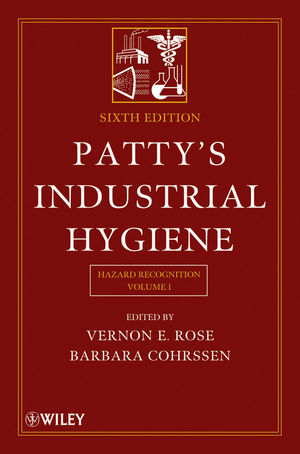Short sleep, obesity, and physical inactivity occur frequently among workers, affecting more than one in five, according to a recent National Institute for Occupational Safety and Health (NIOSH) study published in the Journal of Occupational and Environmental Medicine.
These modifiable risk factors can lead to serious illnesses, such as heart disease and type 2 diabetes. Furthermore, obesity and physical inactivity negatively affect the U.S. economy, with annual healthcare costs estimated at $147 billion for obesity and $117 billion for inadequate physical activity. Evidence suggests that workplace factors such as working long hours and shift work may increase the likelihood of short sleep, obesity, and physical inactivity.
NIOSH investigators compared the prevalence of these risk factors across occupations by examining survey responses from the 2013-2014 Behavioral Risk Factor Surveillance System (BRFSS). BRFSS is an anonymous, phone-based survey of health and related behaviors among U.S. adults. The Centers for Disease Control and Prevention (CDC) collaborates with all 50 states, the District of Columbia, and 3 U.S. territories to conduct the BRFSS annually. The study sample included non-military adult workers from 22 occupational groups who worked in one of the 29 states that collected occupational data.
The most common problem found was short sleep, with one in three workers averaging fewer than 7 hours of sleep per night. Next was obesity, with one in four workers having a body mass index (BMI) of 30 or higher. The third was physical inactivity, with one in five workers reporting not engaging in any leisure-time physical activity in the past month.
Significant differences occurred between occupations, even after controlling for sex, race and ethnicity, age, and education. One occupational group—transportation and material moving—had significantly higher prevalence of all three risk factors among both men and women when compared to all workers. Furthermore, among women, food preparation and serving occupations had significantly higher prevalence for both no leisure-time physical activity and short sleep. Among men, those employed in protective services had a significantly higher prevalence of both obesity and short sleep. Three additional occupational groups had significantly greater prevalence of short sleep compared to all workers: production, health care support, and health care and technical services.
The pervasiveness of short sleep, obesity, and physical inactivity among workers highlights the need for additional research to identify and control workplace factors that contribute to these serious health risks.








